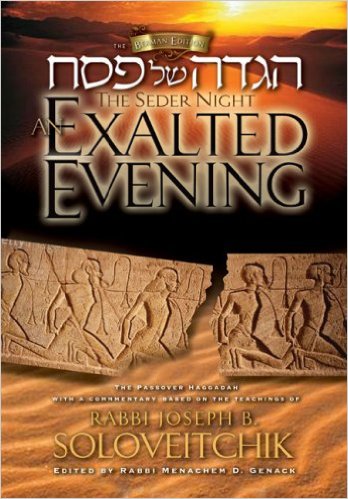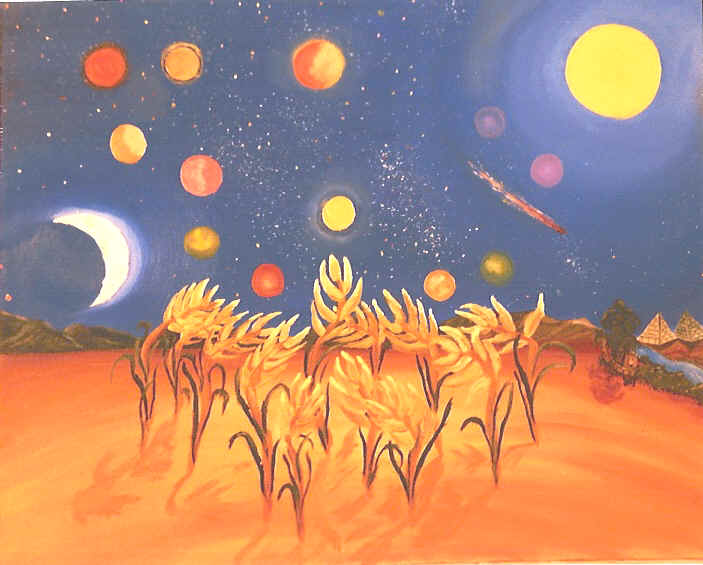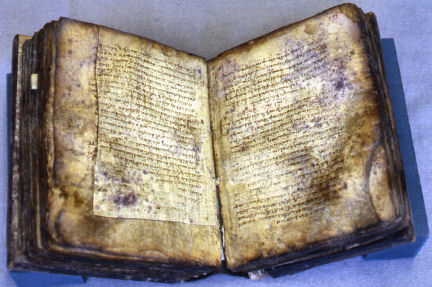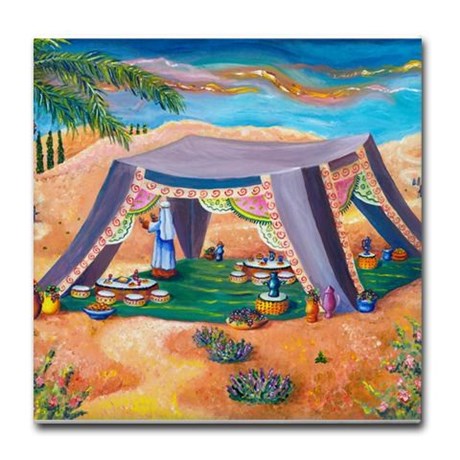
Pesach
Writing the Story
By Rabbi Joseph B. Soloveitchik

Purim & 4 Parshiyot
The Puzzling Story of the Megillah
By Rabbi Joseph B. Soloveitchik

Pesach
Slaves to Pharaoh in Egypt
By Rabbi Joseph B. Soloveitchik

Torah
The Curse of Boredom
By Rabbi Joseph B. Soloveitchik

Chanukah
Hanukkah and Independence Day
By Rabbi Joseph B. Soloveitchik

Chanukah
The Two Dreams of Chanukah
By Rabbi Joseph B. Soloveitchik

Torah
Praying at the Place
By Rabbi Joseph B. Soloveitchik

Torah
Kindness At All Costs
By Rabbi Joseph B. Soloveitchik

Arts & Media
Finding the Holy
By Rabbi Joseph B. Soloveitchik
Subscribe To The OU’s Shabbat Shalom Weekly Newsletter
Weekly email newsletter filled with articles, Divrei Torah, upcoming events and more! Sign up today.